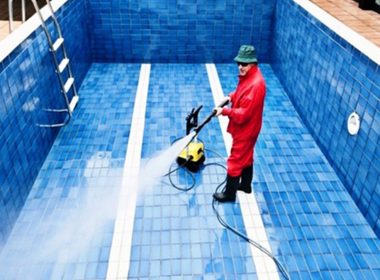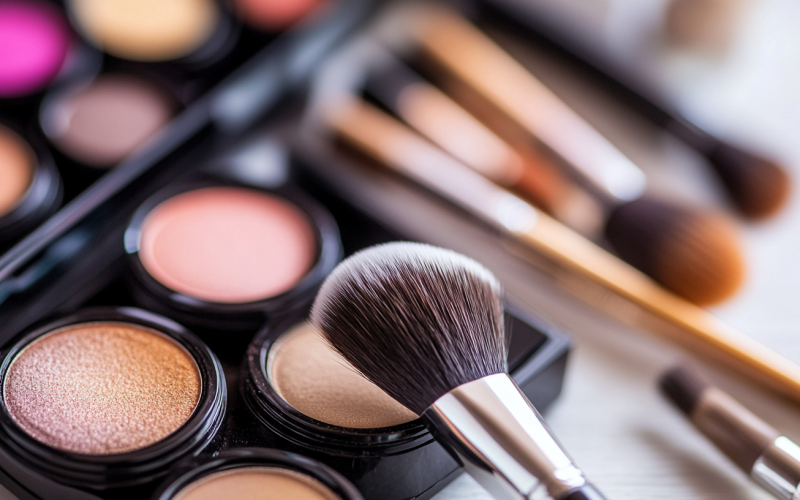Choosing a professional cosmetic specialist is a crucial decision that can significantly impact your appearance and self-confidence. Whether you’re considering a minor procedure or a major transformation, it’s essential to find a specialist who is trustworthy and experienced. In this article, you will learn the ten key tips to help you evaluate a professional cosmetic specialist.
1. Verify Credentials and Qualifications
Remember, evaluating a cosmetic specialist first is to verify the cosmetic specialists credentials and qualifications. A legitimate specialist should have completed extensive training in cosmetic surgery or dermatology and be board-certified by a recognized medical board.
Board certification indicates that the specialist has met rigorous standards in their field, demonstrating a high level of competence and expertise. Additionally, check for memberships in professional organizations, such as the American Board of Cosmetic Surgery, as these affiliations reflect a commitment to ongoing education and ethical practice.
2. Assess Experience and Specialization
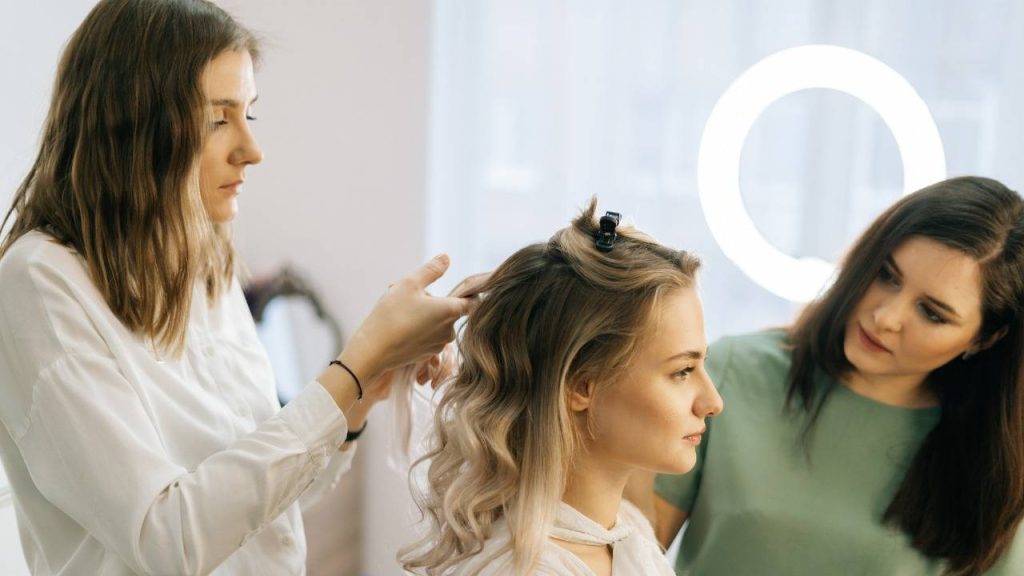
Experience plays a critical role in the quality of cosmetic procedures. When evaluating a specialist, inquire about the number of years they have been practicing and their specific areas of expertise. Some specialists focus on certain procedures, such as:
- Rhinoplasty
- Breast augmentation
So, choosing a specialist with significant experience in the procedure you’re considering increases the likelihood of achieving your desired results. Ask to see before-and-after photos of previous patients to gauge the specialist’s skill level and aesthetic style.
3. Research Reputation and Patient Reviews
If a specialist’s reputation can provide valuable insights into their practice. Research online reviews and testimonials from previous patients to understand their experiences and satisfaction levels. While a few negative reviews are not uncommon, a pattern of dissatisfaction or complaints should be a red flag.
On top of that, ask the specialist for references or speak with former patients to get a firsthand account of their experience. A well-regarded cosmetic specialist should have a history of positive feedback and a solid reputation in the community.
4. Evaluate Communication and Consultation
Effective communication is essential when working with a cosmetic specialist. During your initial consultation, assess how well the specialist listens to your concerns and answers your questions. A good specialist should take the time to:
- Understand your goals
- Explain the procedure in detail
- Discuss potential risks and outcomes
Cosmetic specialists should also be honest about what can realistically be achieved and whether your expectations are attainable. Clear communication fosters trust and ensures that you and the specialist are on the same page regarding your desired results.
5. Inspect the Facility and Technology
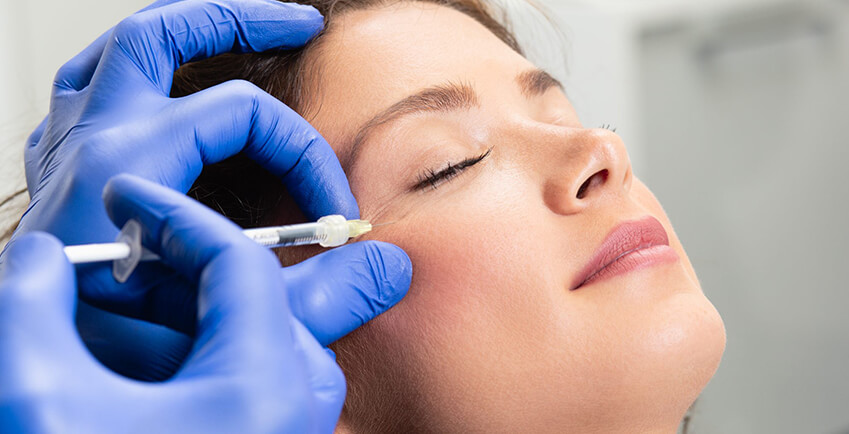
The quality of the facility where the procedure will be performed is another important factor to consider. A reputable cosmetic specialist should operate in a clean, well-maintained environment equipped with state-of-the-art technology. During your consultation, take note of the facility’s overall condition, including the cleanliness of the:
- Waiting area
- Examination rooms
- Operating rooms
In addition, cosmetic clinics advanced technology and modern equipment indicate that the cometic specialist is committed to providing the highest level of care and staying up-to-date with industry advancements
6. Consider the Specialist’s Approach to Patient Safety
Patient safety should be a top priority for any cosmetic specialist. Inquire about the safety protocols and procedures in place at the facility, including the use of anesthesia, sterilization practices, and emergency protocols. The specialist should follow industry-standard guidelines to minimize the risk of complications and ensure a safe procedure.
Also, ask about the specialist’s experience in handling complications and their approach to post-operative care. A responsible specialist will have a clear plan for addressing any issues that may arise during or after the procedure like the Caulfield cosmetic specialists.
7. Review Before-and-After Galleries
Before-and-after galleries provide visual evidence of a specialist’s work and can help you assess their skill and aesthetic sensibility. Ask to see a portfolio of cases similar to yours, focusing on the results of patients with similar goals and physical characteristics.
Pay attention to the consistency and quality of the results, as well as the specialist’s ability to achieve natural-looking outcomes. Reviewing these galleries can also give you a sense of the specialist’s experience with specific procedures and their ability to deliver the results you desire.
8. Understand the Cost and Financing Options
Knowing that cosmetic procedures can be a significant financial investment, it’s important to understand the cost and available financing options before making a decision. During your consultation, ask for a detailed breakdown of the costs involved, including fees for the:
- Procedure
- Anesthesia
- Facility use
- Follow-up appointments
Be wary of specialists who offer unusually low prices, as this may indicate a lack of experience or subpar facilities. If financing is a concern, inquire about payment plans or financing options that can make the procedure more affordable. A reputable specialist will provide transparent pricing and be willing to discuss payment options that work for you.
9. Know the Specialist’s Continued Education
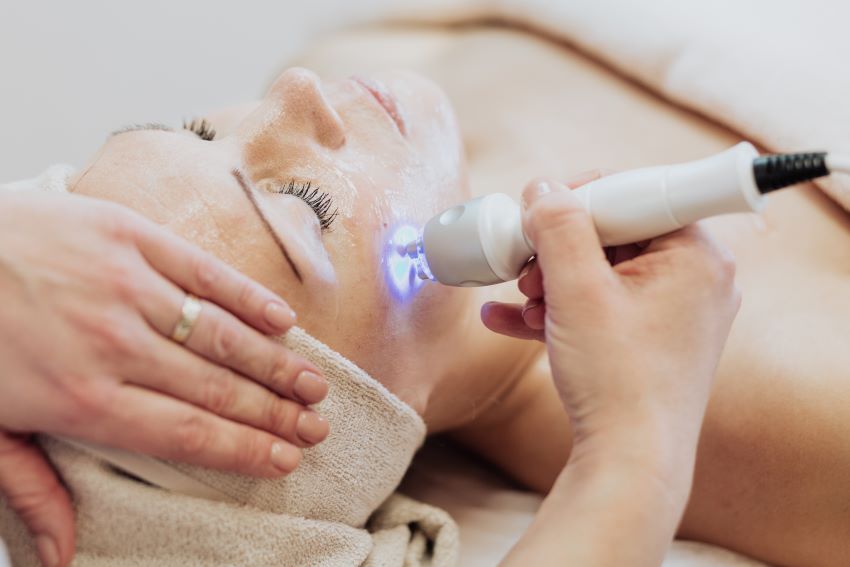
Since the field of cosmetic surgery is constantly evolving, with new techniques and technologies emerging regularly. If you have a dedicated cosmetic specialist should demonstrate a commitment to continued education and professional development. Ask about the specialist’s involvement in ongoing:
- Training
- Conferences
- Workshops
Specialists who stay current with industry advancements are more likely to offer the latest and most effective treatments. This commitment to lifelong learning is a positive indicator of the specialist’s dedication to their craft and to providing the best possible care to their patients.
10. Trust Your Instincts
Your comfort level with the specialist and their staff is crucial to a positive experience. Pay attention to how you feel during your consultation and interactions with the specialist. If something feels off or you don’t feel fully confident in their abilities, it may be wise to seek a second opinion. Successful cosmetic procedures require not only technical skill but also a strong patient-provider relationship built on trust.
Choose Confidence, Choose Care!
Evaluating a professional cosmetic specialist involves careful consideration of their credentials, experience, reputation, communication skills, facility quality, patient safety protocols, and commitment to continued education.
By following these ten key tips, you can make an informed decision and choose a specialist who is well-equipped to help you achieve your desired results. Remember that the right specialist will not only possess the necessary qualifications and experience but will also make you feel confident, comfortable, and supported throughout your cosmetic journey.



